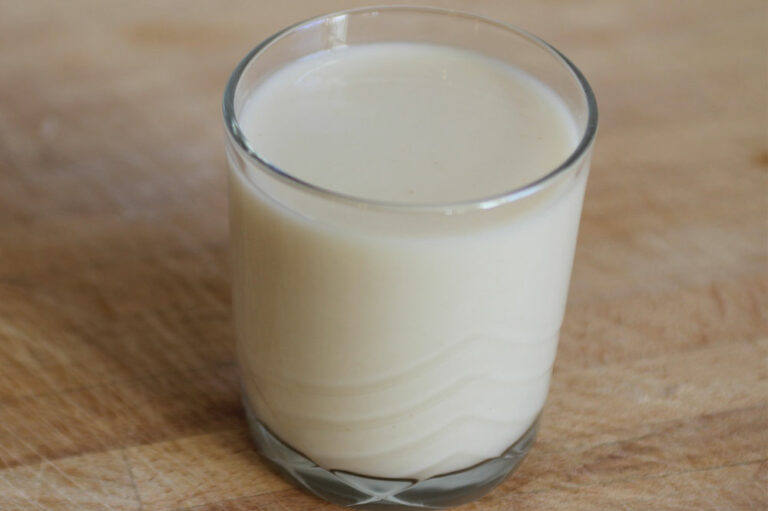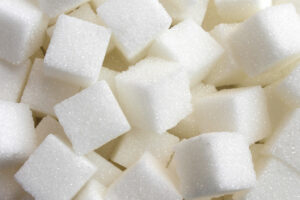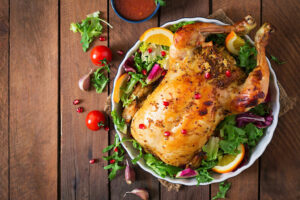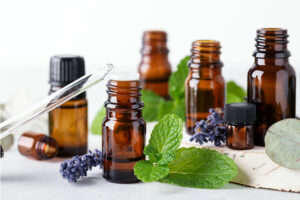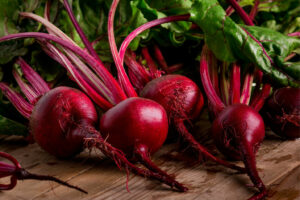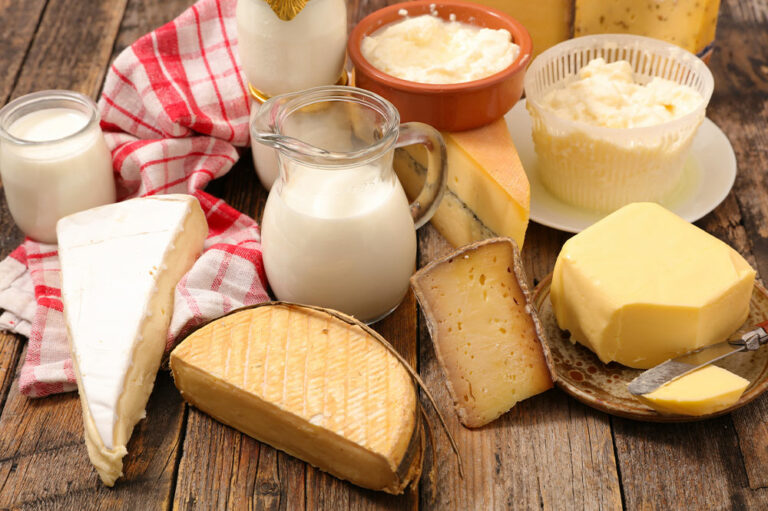
Foods to Avoid to Manage Eosinophilic Esophagitis
Eosinophilic Esophagitis, or EoE, is a chronic digestive disease of the esophagus caused by an allergic condition. It is characterized by chest pain, heartburn, and solid food dysphagia. If this disorder is left untreated, it can cause esophageal remodeling and stricture formation. This disorder is also marked by eosinophilic inflammation and impacts the quality of life of the affected person. You can check out various reliable health websites to get information on eosinophilic esophagitis. A patient with EoE must be very careful with his health and meal plans, as research suggests that EoE is linked to food allergies. Therefore, the six most common food items that are responsible for such allergies include: Dairy Cow milk is said to be one of the most common reasons for EoE. Milk protein can trigger too many eosinophils. You should avoid food items made up of milk, buttermilk, lactose, and other related dairy products. You can replace dairy products with coconut hemp, dairy-free yogurts, cashew ice cream, etc. Soy Soy-based food items include tofu, soy butter, soymilk, and miso. Soy cheese, soy nuts, soy milk, etc., should be avoided and can be substituted with refined soybean oil or coconut aminos. Wheat You might think wheat is only found in bread, cereal, or baked goods.
Read More 